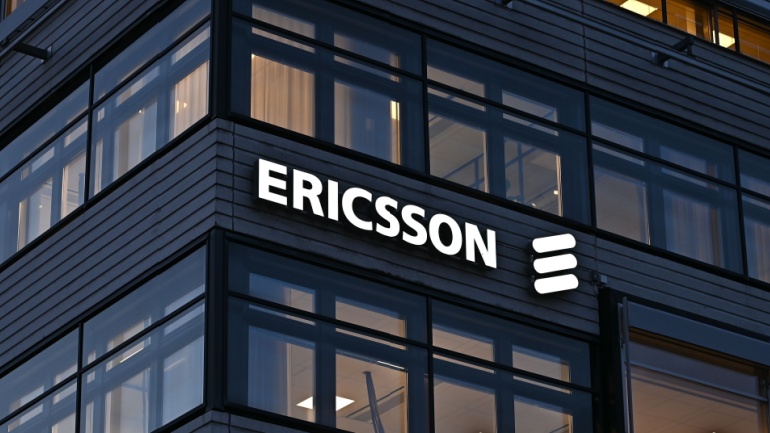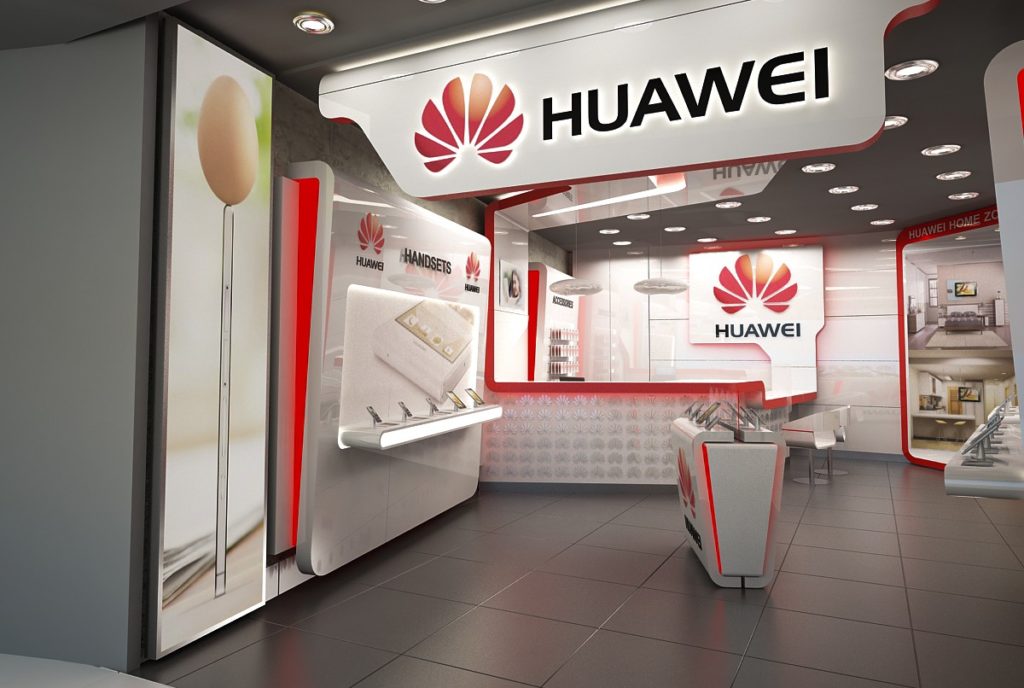Snom, the premium IP telephony brand, has announced Fabio Albanini as its new Vice President of Sales. Albanini, who has been an integral part of the Snom team since 2009, will be responsible for the company’s global commercial strategy.
You’re on a sales call, the kind where the stakes feel high, and you’re hoping to turn a prospect into a client. You’ve got your script, a solid understanding of your product, and you’re ready to pitch. But as the conversation unfolds, you can sense the prospect pulling away – maybe it’s the tone of your voice, the timing of your pitch, or something you can’t quite put your finger on. What if we told you that the key to boosting your sales performance isn’t just in your pitch or your product knowledge, but in understanding the psychology behind human decision-making? With virtual communication becoming the norm, VoIP tools are essential for sales teams. Combine these tools with insights from psychology, and you can transform the way you approach selling. The Mindset Shift Before we dive into the specific tactics, let’s talk about mindset. The most successful sales professionals don’t…
In spite of a 14% drop in sales, Ericsson has reported an impressive expansion in gross margin to 42.7%, largely credited to the resilience of its product portfolio and strict cost reduction measures. Maintaining its market leadership amid economic uncertainties, Ericsson anticipates further shrinkage in the RAN market for the rest of the year.
In an intriguing shift, Telefónica, the Spanish telecom titan, is exploring potential profits from selling its Tech unit, stirring up future predictions. Insider details reveal engagement with multiple financial institutions and a goal to retain majority control, a factor that might affect investor incentive. Amid this, the Tech division’s impressive financial growth and its strategic significance in enterprise technology are undeniable.
While China’s smartphone market experiences a downturn, notable shifts are being observed as Huawei gains momentum. Canalys’ data highlights that despite a downslide in overall market status, the launch of Huawei’s Mate series and consequent rise in domestic market shares are adding a positive spin. Will a potential revival led by Huawei’s promising trajectory speak to a larger market rejuvenation? Unpack the trends shaping China’s competitive smartphone landscape.
The Chinese equipment manufacturer Huawei recently expressed its intention to surpass Apple in the smartphone market in 2018, and it seems that these plans are becoming a reality. According to IDC, Huawei shipped 54.2 million mobile devices units in the second quarter and moved to the second position, only to be outpaced by the ultimate leader Samsung. Looking at the total market share from Q2, Samsung maintains a strong 20.9%, while Huawei controls 15.8%, closely followed by Apple’s 12.1%. “The continued growth of Huawei is impressive, to say the least, as is its ability to move into markets where, until recently, the brand was largely unknown,” commented the program vice president with IDC’s Worldwide Mobile Device Trackers, Ryan Reith. Huawei’s recent push into Europe, the Middle East and India has secured its position among the top smartphone manufacturers. And while the US carriers are still instructed by the government to…
By the end of the first quarter 2018, revenues from the CRM (Customer Relationship Management) market had outperformed those of DBMS (DataBase Management Systems), making CRM the largest market in the software industry. For the period January to December 2017, CRM software sales generated $39.5 billion, compared to $36.8 billion for DBMS. According to expert predictions, it is expected that revenues for CRM software will remain the top market performer for 2018, and will also show the highest growth rate of 16%. Growth will be driven by lead management, customer opinion management, and after-sales management software, each of which has been growing at over 20% during the past 18 months. The CRM solution providers covering the entire customer relationship cycle, including after sales service, are the fastest growing, thanks to their ability to cross-sell additional modules.











